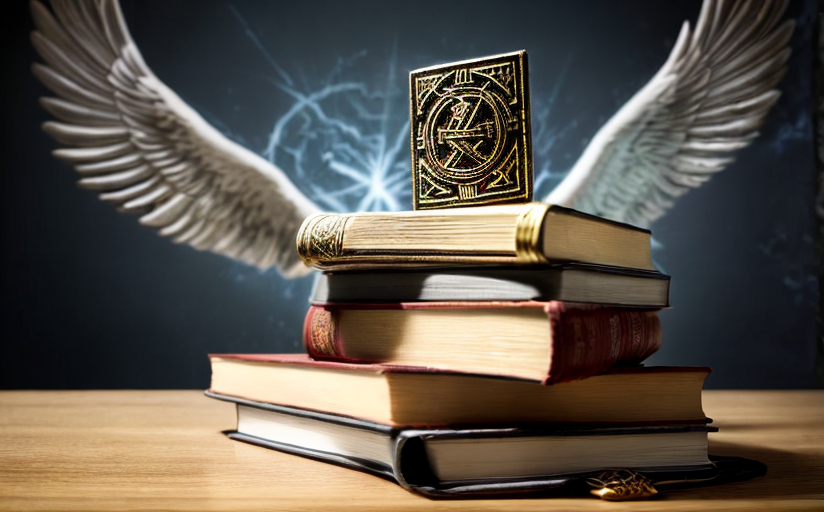The Intricate Ways in Which Ancient and Traditional Mythologies Inspire Modern Literature
The wealth and breadth of ancient and traditional mythologies have always sparked mankind's belief, narrative tradition, and creative imagination. Ranging from Greek gods, Celtic folklore, Norse sagas, to Eastern mythologies, these age-old narratives have remained a perennial source of inspiration for modern literature.
Characters, Plots, and Themes: The Constituents of Mythologies in Literature
The characters, plotlines, and themes from mythology have been incorporated in various forms of literature, ranging from popular fiction and fantasy genres to profound literary masterpieces. For instance, the character of Odysseus from Greek mythology has been reinvented in James Joyce's “Ulysses” whereas the themes of sacrifice, fate, and honor in Norse mythology permeate Tolkien’s “The Lord of the Rings.”
Be it the archetypal journey of the hero, the deceptive trickster, or the forbidden love—mythology brings a structured narrative and a universal appeal to modern literature, making it relatable across cultures and timelines.
Symbolism in Mythology and Its Impact on Modern Narratives
Beyond the literal tales, mythologies are rich in symbolism. Dragons often symbolise challenge or conflict, while a phoenix signifies rebirth or renewal. Such mythological symbols have found their way into modern narratives to lend a deeper meaning to the story. For example, Suzanne Collins’ “The Hunger Games” series uses the mythological phoenix bird as a symbol of rebirth and resistance against oppressive systems.
Mythology’s Cultural Influences and Impacts
From an anthropological perspective, mythology is the mirror of its parent culture—reflecting its values, fears, and aspirations. When these mythologies inspire modern literature, it also results in the importation of the cultural elements tied to these mythologies. For instance, Rick Riordan’s “Percy Jackson” series has sparked an interest in Greek mythology among young readers which indirectly also familiarises them with the archaic Greek beliefs, cultural norms, and values.
Conclusion: Lending Depth and Context to Modern Narratives
By harnessing the power of ancient and traditional mythologies— their characters, plots, themes, symbolism— modern literature garners a richer narrative depth and a broader cultural context. It not only enhances the readers' engagement but also fosters a sense of universal connectivity, across epochs and cultures.
The continued re-adaptation of mythological elements foregrounds the universal appeal and timelessness of these narratives. It also underscores the potential of mythologies in shaping the future trajectories of literature.

















Comments
Leave a Comment